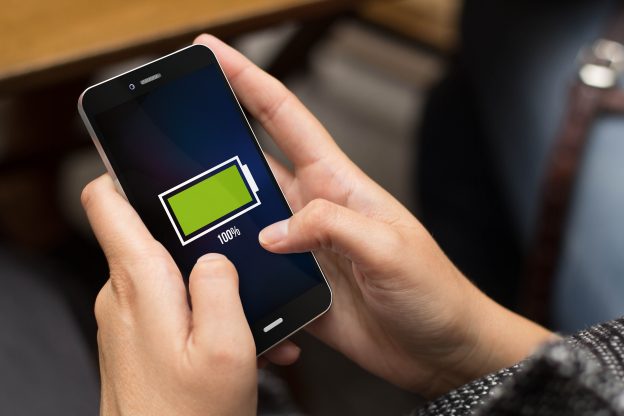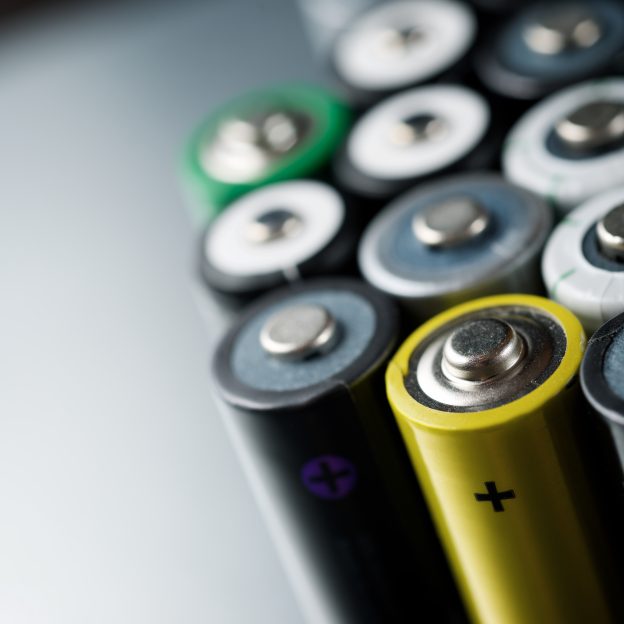The manufacturing principle of the Tongwei Terra series shingled module is to connect the cells in series through adhesives, and then form a power generation array through multiple series and parallel connections. Such a high-density layout ensures the excellent performance of modules in terms of power and efficiency, and provides effective security guarantees. At the same time, this has formed Terra’s reliable performance of anti-shading, anti-hot spots, and superior load capability, which brings users a more secure experience.
The high safety of Tongwei Terra mainly comes from two aspects. On the one hand, the shingled module adopts a no-busbar design, significantly weakening the “hot-spot effect” of reverse current on the module while reducing in-series loss and increasing power output. On the other hand, the flexible interconnection between the cells has greatly improved its mechanical performance, which can withstand more substantial loads and show excellent performance in harsh environmental conditions.
Terra Safe Guard strongly resists shading to ensure stable and high-efficiency operation!
When the PV module is shaded by branches, buildings, surface stains, or any other factors, the conversion efficiency and output of the module will decrease to some extent. Tongwei Terra shingled module uses a complete parallel circuit design and increases the current paths. The power loss is significantly reduced when shading occurs, and the module can still maintain high-efficiency operation. This also means it is very suitable for high-shading areas such as high-latitude and land-intensive areas.


Reduces the risk of hot spots, Terra eliminates safety hazards for you!
The “hot spot effect” of PV modules is one of the most critical factors affecting power generation. When shading occurs, it will cause the heating of cells, which is technically called the “hot spot effect”. In this case, the cell not exposed to the shading maintains its power output. This part of the power will dissipate through the shaded cells in the form of heat, resulting in a continuous increase in the local temperature of the module, thus generating a hot spot. Persistent hot spots may cause permanent damage to the module, leading to cell or glass breakage, solder melting, cell burning, and additional risks of module burnout in severe cases.

So how does shingled technology give Terra superior performance against hot spots compared to conventional modules?
The hot spot temperature of Terra is about 40°C lower than that of conventional modules. This is mainly due to the adhesive interconnection design, which increases the heat conduction area between the cells. The interconnection material has a higher thermal conductivity, so the heat generated by the hot spots can be transmitted faster through the adjacent cells. On the other hand, the full parallel circuit design lowers the operating current in a single series, which is 1/7 of that of the entire module, and the influence of the hot spot effect of reverse current can be significantly reduced at low current. It can be seen that these unique designs together create Terra’s excellent hot spot resistance and continue to ensure stable product performance and safe use.
Micro-cracks resistance, superior load capability, high tenacity. So dependable Terra!
Compared with the conventional modules, the conductive adhesive interconnection method adopted by the shingled technology gives the module ultra-high flexibility, effectively reduces the risk of micro-cracks, and ensures that the module can still operate efficiently and safely under high pressure and particular environments. Terra can adapt to extreme environments, effectively reduce hidden cell cracks caused by module transportation or on-site installation, and control the extension of micro-cracks. This is because the deformation of the flexible conductive gel can effectively absorb the stress generated during the compression process of the module. The stress distribution is more uniform, the load capability is significantly improved, and the occurrence of hidden cracks or damage is largely avoided. Even if a hidden crack occurs, it can be limited to a smaller area, and the power loss of the module will be less.

Tongwei Terra series have all passed the triple IEC test, including special environmental tests such as salt fog, dust, hail, etc. They have a wider range of application scenarios. Terra remains resilient at low temperatures of -40℃, and the power degradation of the static load test is less than 1.5%. The module has no micro-crack, and the power degradation is less than 0.5% after the frontal 8100Pa maximum load test to the front. It can be seen that, as a qualified safety guard, Tongwei Terra is committed to eliminating crises and ensuring safe and high-efficiency operation at all times.
Technology leads innovation and moving towards the N-type era!
Technology has no bound, innovation has no end. Tongwei module fully strides towards the “N” era and will soon launch Terra-N, the first N-type module product of the Terra series. The Terra-N products with Tongwei characteristics cleverly combine the “H” + “S” concept, i.e., “Half-cut” cell technology + “Shingled” encapsulation concept, which allows it to apply high power and high efficiency flexibly. The theoretical maximum efficiency of N-type Topcon cells is increased to 28.2%~ 28.7%. The cells are produced by “Half-cut” technology, and the slices are flexibly connected by “Shingled” mode to realize the negative spacing layout of the cells, which realizes an efficient and exquisite small version. Thus Terra N can flexibly apply to various installation scenarios, and significantly reduce the shipping cost at the same time. Low degradation, extended warranty, excellent temperature coefficient, and bifaciality ensure the stable operation and strong power generation of Terra-N!







